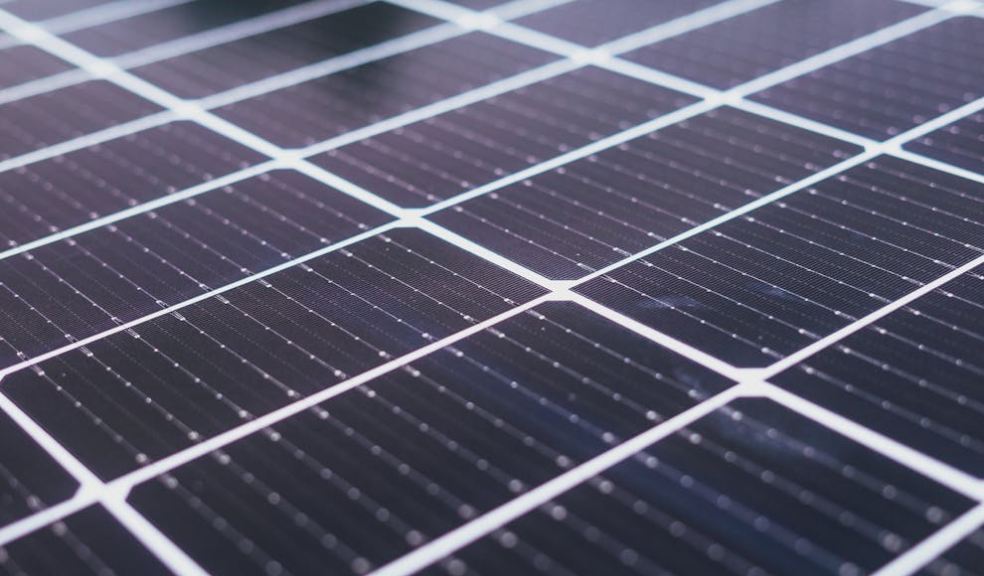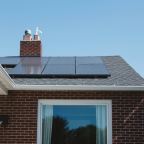
Can Solar Panels Help You Reduce Your Energy Costs in the Cost of Living Crisis
As the ongoing cost of living crisis spirals, many households are seeking ways to reduce their energy bills. One potential solution is the installation of solar panels. The incentives for installing solar panels are not as attractive as they once were, but below we will explore whether solar panels can help you save money on your energy costs during these challenging times.
How Solar Panels Work
Solar panels harness the power of the sun to generate electricity for your home, by way of an inverter that converts the DC electricity into AC electricity, which can be used to power your home appliances and devices.
The Benefits of Solar Panels
1. Reduced Energy Bills
The primary benefit of installing solar panels is the potential to reduce your energy bills. By generating your own electricity, you can rely less on the grid and save money on your monthly bills. The amount you can save depends on factors such as the size of your solar panel system, your energy consumption, and the amount of sunlight your home receives.
2. Government Incentives
The UK government offers incentives to encourage the adoption of solar panels. The Smart Export Guarantee (SEG) scheme lets you make money by sending surplus electricity created by your solar panels back into the electrical grid. Additionally, the VAT rate for solar panel installations is currently set at 0%, making it more affordable to invest in this technology if you compare solar panel companies.
3. Environmental Benefits
By installing solar panels, you can also contribute to the fight against climate change. Solar energy is a clean and renewable source of power that does not produce greenhouse gas emissions. By reducing your reliance on fossil fuels, you can help lower your carbon footprint and contribute to a more sustainable future.
Factors to Consider
1. Initial Investment
While solar panels can help you save money in the long run, they do require an initial investment. The cost of installing solar panels in your roof depends on the size of your home and how much energy you need. However, with the current government incentives and potential energy bill savings, the investment can pay off over time. You can compare solar panel prices on SpotDif to find the best deals.
2. Suitability of Your Home
Not all homes are suitable for solar panel installations. Factors such as the orientation and angle of your roof, shading from nearby trees or buildings, and the structural integrity of your roof can impact the effectiveness of solar panels. It is important to have a professional assessment conducted to determine if your home is a good candidate for solar panels.
3. Maintenance and Lifespan
Solar panels generally require little maintenance, but it is important to keep them clean and free from debris to ensure optimal performance. Most solar panel systems have a lifespan of 25-30 years, which means you can enjoy the benefits of reduced energy bills for decades to come.
If you are interested in exploring solar energy for your home, it is recommended to consult with a professional installer to compare solar panels and assess your specific needs and determine the best course of action.













